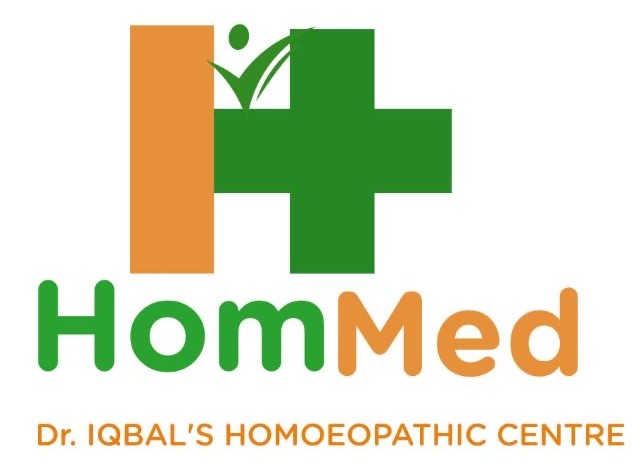By Dr. Iqbal Quasim
A study published in The Journal of Clinical Endocrinology & Metabolism found that individuals who received COVID-19 mRNA vaccines had a 113% higher risk of hypothyroidism and a 16% increased risk of hyperthyroidism compared to the unvaccinated.
Study Overview
Researchers from Taiwan, China, and the U.S. conducted a retrospective cohort study using data from TriNetX, a real-world healthcare database. They analyzed two equal groups of 1,166,748 individuals – one vaccinated and one unvaccinated – to assess the risk of subacute thyroiditis, hyperthyroidism, and hypothyroidism following vaccination.
The study noted a 30% overall increase in hypothyroidism diagnoses among the vaccinated, with those receiving mRNA vaccines facing the highest risk. Hyperthyroidism showed no significant difference between vaccinated and unvaccinated groups overall, but mRNA vaccine recipients had a 16% increased risk. The incidence of subacute thyroiditis remained unchanged in both groups.
Implications and Expert Reactions
Dr. Karl Jablonowski, senior research scientist at Children’s Health Defense, called the findings “earth-rattling,” emphasizing the need for long-term thyroid function monitoring in vaccinated individuals. He noted that previous studies with shorter monitoring periods (less than two months) did not find a link between COVID-19 vaccines and thyroid disorders.
Epidemiologist Nicolas Hulscher described the findings as raising “serious concerns” about the safety of mRNA vaccines, reinforcing studies that associate them with adverse effects and even an increased risk of post-COVID mortality. He urged the U.S. Department of Health and Human Services (HHS) to conduct large-scale studies comparing vaccinated and unvaccinated populations to evaluate long-term health risks.
The Role of Homeopathy in Thyroid Disorders
Homeopathy offers a natural and holistic approach to managing thyroid disorders, addressing the root cause rather than just suppressing symptoms. Homeopathic remedies are selected based on the individual’s overall health, mental state, and specific symptoms.
For hypothyroidism, remedies like Thyroidinum, Calcarea Carbonica, Sepia, and Lycopodium help regulate thyroid function, improve metabolism, and restore energy levels.
For hyperthyroidism, remedies like Iodum, Natrum Muriaticum, and Spongia Tosta work by balancing excessive thyroid hormone production, reducing palpitations, weight loss, and anxiety.
For subacute thyroiditis, remedies like Belladonna and Phytolacca can help reduce inflammation and pain in the thyroid gland.
Unlike conventional medicine, which often relies on lifelong hormone replacement therapy, homeopathy aims to stimulate the body’s self-healing mechanisms and restore hormonal balance naturally.
Policy and Scientific Response
The debate over mRNA vaccine safety has gained momentum, with some U.S. states and Slovakia considering bans or restrictions due to potential health risks. Medical organizations and researchers have increasingly called for a moratorium on mRNA vaccines until further safety data is available.
Following his confirmation as HHS Secretary, Robert F. Kennedy Jr. pledged to improve vaccine injury surveillance and conduct unbiased investigations into chronic disease causes, including vaccine-related risks.
Conclusion
This study underscores the need for continued monitoring of thyroid function post-vaccination and highlights gaps in prior safety assessments. With growing concerns about long-term vaccine effects, calls for further research and policy reassessments are intensifying.
Homeopathy provides a safe and effective alternative for managing thyroid disorders, particularly for individuals seeking natural healing methods without the side effects of conventional treatments. As more studies explore vaccine-related health risks, integrating holistic approaches like homeopathy can offer new hope for patients affected by thyroid dysfunction.
Source: Children’s Health Defense


